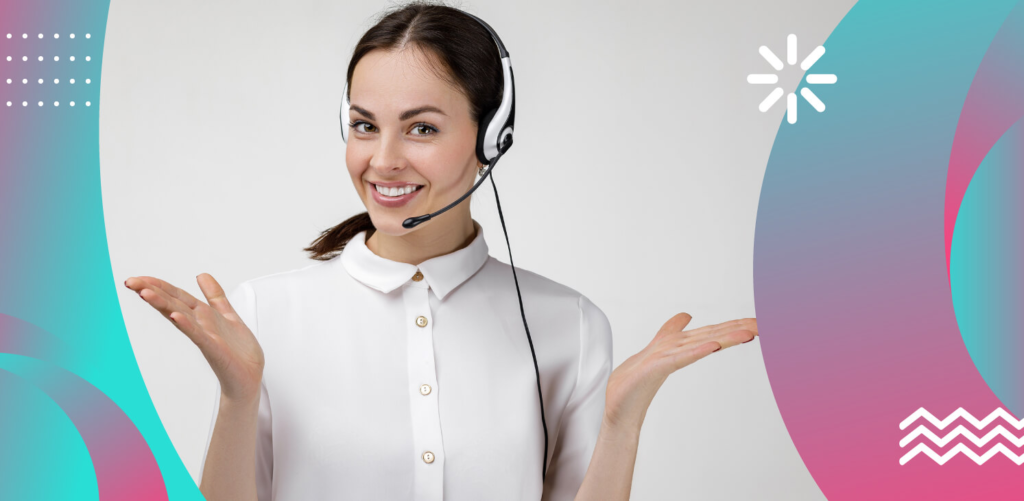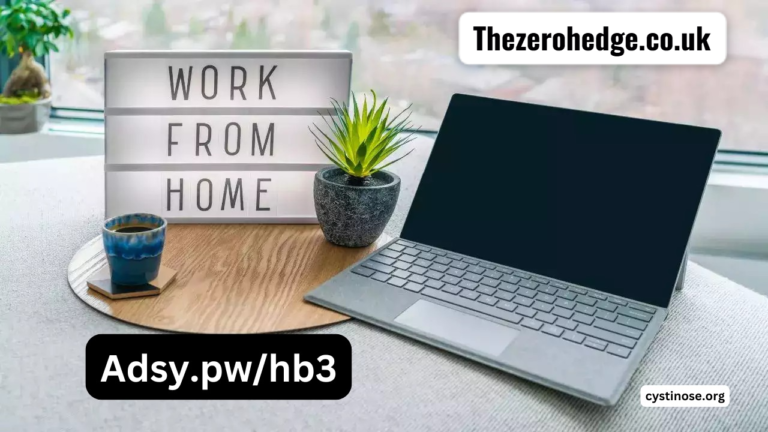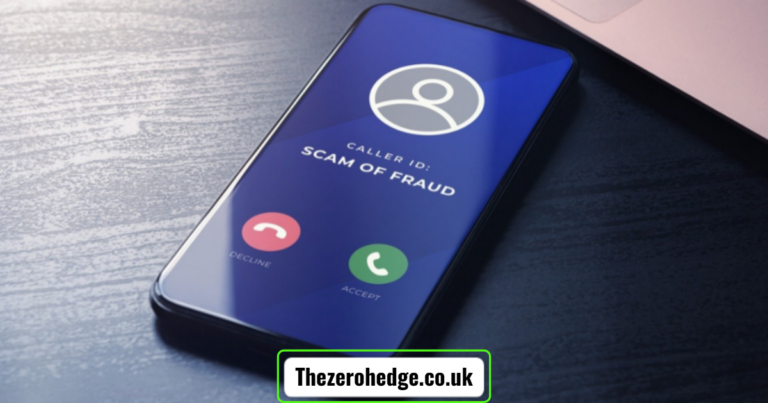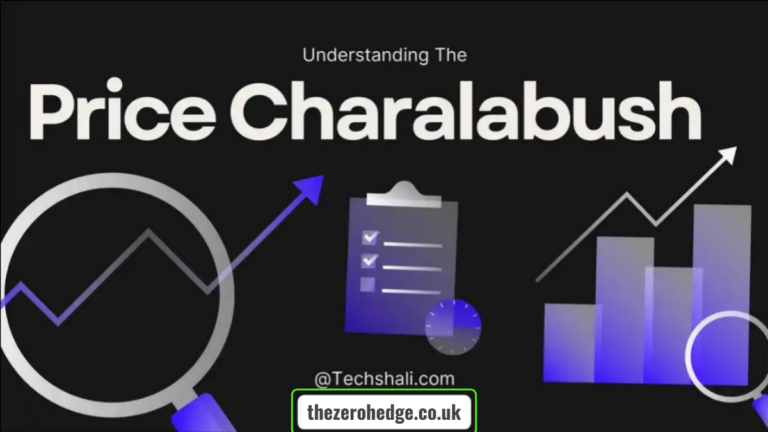
In recent years, the UK 3303413752 has seen a significant rise in spam calls. These unwanted calls can be a major annoyance, often leading to scams, fraud, or marketing tactics that invade your privacy. With advancements in technology, spammers are using more sophisticated methods, making it harder for consumers to identify and avoid these calls. To help you stay informed, this article highlights the top reported spam phone numbers in the UK for 2025. We will also provide insights into these numbers and offer guidance on how to protect yourself from potential scams.
Quick Overview: Top Reported Spam Numbers in the UK
Spam calls in the UK are becoming increasingly widespread, and these numbers are at the forefront of consumer complaints. Many people report receiving calls from these numbers, which often lead to scams or unsolicited marketing offers. To give you a better understanding, we have compiled a list of the top reported spam phone numbers for 2025 and explained the potential risks associated with them.

Here are the top reported spam phone numbers in the UK for 2025:
| Phone Number | Area Code | Reported Issues |
| 2080589329 | London | Likely scam calls, phishing attempts, or robocalls |
| 1964271004 | Unknown | Unsolicited marketing, potential scam calls |
| 2046195786 | Unknown | Spam calls, potential fraud or data harvesting |
| 1202022910 | Unknown | Spam, unsolicited marketing, robocalls |
| 3316307343 | Unknown | Telemarketing, phishing attempts |
| 2033410108 | London | Robocalls, potential fraud and phishing attempts |
| 3303413752 | Unknown | Unsolicited calls, potential scams and frauds |
| 1202158180 | Unknown | Likely scam calls, fraudulent activities |
| 1204891727 | Unknown | Robocalls, phishing, and unsolicited marketing |
| 2034752480 | London | Scam calls, potential data harvesting, phishing |
Each of these phone numbers has been flagged by users and reporting services like WhoCalledMe, TrueCaller, and other scam identification tools. Now, let’s dive deeper into each of these numbers and explore the potential risks they pose.
2080589329 – London Area Code
Reported Issues
The number 2080589329 has been widely reported for making scam calls, phishing attempts, and robocalls in the UK. Typically, these calls try to manipulate recipients into providing personal details or financial information.
What You Should Know
- Phishing Attempts: Scammers often impersonate banks or government authorities, asking for sensitive data like bank account numbers, passwords, or National Insurance numbers.
- Robocalls: These automated calls attempt to sell products or services without any human interaction.
How to Protect Yourself
- Do Not Engage: If you receive a call from this number, avoid interacting with it.
- Block the Number: Use your phone’s blocking feature to prevent further calls from this number.
- Report the Number: Use services like TrueCaller or WhoCalledMe to report the number and warn others.
1964271004 – Unknown Source
Reported Issues
This number has raised numerous complaints for being associated with unsolicited marketing and scam attempts. It is common for unknown numbers to appear on caller IDs, and unfortunately, this one has been flagged multiple times for fraudulent activities.
What You Should Know
- Marketing Scams: Often, unsolicited marketing calls are disguised as legitimate offers. In some cases, they ask for payment information for products or services that don’t exist.
- Fraudulent Calls: The number may also be involved in fraudulent schemes, attempting to steal your personal information.
How to Protect Yourself
- Do Not Share Personal Information: Always be cautious about sharing personal information over the phone, especially when the call is unexpected.
- Hang Up Immediately: If you suspect a scam, end the call as soon as possible.
- Report the Incident: Services like Ofcom and ICO can help you report unwanted calls and prevent further disruptions.
2046195786 – Potential Fraud Risk

Reported Issues
The number 2046195786 is reported for making scam calls with a high probability of fraudulent activities. It is associated with attempts to deceive individuals into revealing sensitive data or making unnecessary payments.
What You Should Know
- Data Harvesting: Fraudsters may try to collect personal details such as banking information or address data.
- Impersonation Scams: The caller may impersonate a trusted organization, like a bank, and trick you into divulging confidential information.
How to Protect Yourself
- Verify the Caller’s Identity: Never trust a caller at face value. Hang up and call back using an official number listed on a company’s website.
- Use Scam-Blocking Apps: Utilize apps like TrueCaller or call-blocking features provided by your mobile carrier.
1202022910 – Robocalls and Spam
Reported Issues
This number has been associated with robocalls and persistent spam messages. These calls typically offer dubious services or attempts to sell products under questionable circumstances.
What You Should Know
- Telemarketing Calls: Often, these calls will push promotional offers for services that may not be legitimate.
- Unsolicited Sales Offers: Be cautious, as these calls might try to pressure you into buying something you don’t need.
How to Protect Yourself
- Block the Number: Ensure you block the number from your phone’s settings to prevent future calls.
- Report Spam Calls: Services like TPS (Telephone Preference Service) allow you to report spam calls.
3316307343 – Possible Scam Alert
Reported Issues
The number 3316307343 is another example of a phone number linked to telemarketing, phishing attempts, and potential scams targeting UK residents.
What You Should Know
- Phishing Scams: Scammers often try to get people to disclose personal financial details or make payments under false pretenses.
- Spoofing Risks: The caller may appear to be from a legitimate source, such as a financial institution, which adds to the credibility of the scam.
How to Protect Yourself
- Don’t Answer Unknown Numbers: If you don’t recognize the number, avoid answering it altogether.
- Call Back Using Verified Numbers: If the call is important, look up the official phone number and call them back directly.
2033410108 – London-Based Spam
Reported Issues
This London-based number is tied to a range of spam activities, including robocalls and phishing attempts.
What You Should Know
- Phishing: Similar to other spam calls, fraudsters use this number to impersonate legitimate organizations and try to gain access to sensitive data.
- Robocall Behavior: The number often displays the typical characteristics of a robocall, where an automated message plays rather than a live person on the other end.
How to Protect Yourself
- End the Call Immediately: As soon as you recognize that it’s a robocall or a phishing attempt, hang up.
- Report to Ofcom: If you continue to receive calls from this number, report it to the relevant authorities like Ofcom.
3303413752 – Frequent Scam Calls
Reported Issues
This number is frequently reported for placing scam calls aimed at deceiving individuals into revealing private information or agreeing to fake offers.
What You Should Know
- Data Harvesting: Scammers may seek to gather personal details for malicious purposes, such as identity theft.
- False Offers: They may also try to trick you into accepting false offers that seem legitimate.
How to Protect Yourself
- Be Cautious: Never share sensitive details unless you are certain of the caller’s legitimacy.
- Use Call-Blocking Features: Enable call-blocking features or apps like TrueCaller to filter out spam calls.
1202158180 – Likely Scam Number
Reported Issues
This number is known for making fraudulent calls and is commonly used by scammers to lure victims into traps. The calls often involve fake debt collection threats or fake prize claims.
What You Should Know
- Debt Scams: Fraudsters may claim that you owe money and try to intimidate you into paying immediately.
- Prize Scams: The number may be associated with scam calls claiming you’ve won a prize, but need to pay taxes or fees upfront.
How to Protect Yourself
- Don’t Engage with the Caller: If you receive a call from this number, avoid answering or engaging with the caller.
- Report to Authorities: Contact Ofcom and ICO to report these types of scams and protect others.
1204891727 – Another Robocall Number
Reported Issues
This number has gained attention for its association with robocalls and fraudulent schemes designed to scam unsuspecting individuals.
What You Should Know
- Phishing and Fraud: Like many of the other numbers, this one is linked to attempts to steal personal information and financial data.
- Persistent Robocalls: Calls from this number are automated and repetitive, often offering fake services.
How to Protect Yourself
- Use Scam-Blocking Tools: Install apps that can block robocalls and alert you to potential spam calls.
- Stay Informed: Keep an eye on reported numbers via online databases like WhoCalledMe or TrueCaller to stay one step ahead.
2034752480 – London-Based Scam Number
Reported Issues
This London-based number is another one flagged for scam calls and phishing attempts. People who answer the call often report being asked to share sensitive personal information or being pressured into fraudulent offers.
What You Should Know
- Impersonation: The callers often pretend to be from government organizations or financial institutions to gain your trust.
- Scam Offers: These offers are usually too good to be true, and are designed to extract money from you.
How to Protect Yourself
- Hang Up and Block: If you receive a call from this number, hang up and block it immediately.
- Report to Official Channels: Use services like Ofcom or TPS to report these types of scams and protect others.
Conclusion: How to Protect Yourself from Spam Calls in the UK
Spam calls are a growing issue in the UK, and the numbers listed above are just a small sample of the many fraudulent and nuisance calls that plague consumers. However, by staying informed and using the right tools, you can protect yourself from scams and unwanted calls. Always verify the identity of the caller, avoid sharing personal details, and report suspicious numbers to the relevant authorities.
Remember, you are not powerless in the face of spam calls. Use available tools like TrueCaller, WhoCalledMe, and Ofcom’s resources to block and report these numbers, and take steps to reduce the impact of these nuisance calls. Stay safe and protect your privacy!
Also Read This: Understanding 1202022910: Scam or Legitimate Call?





